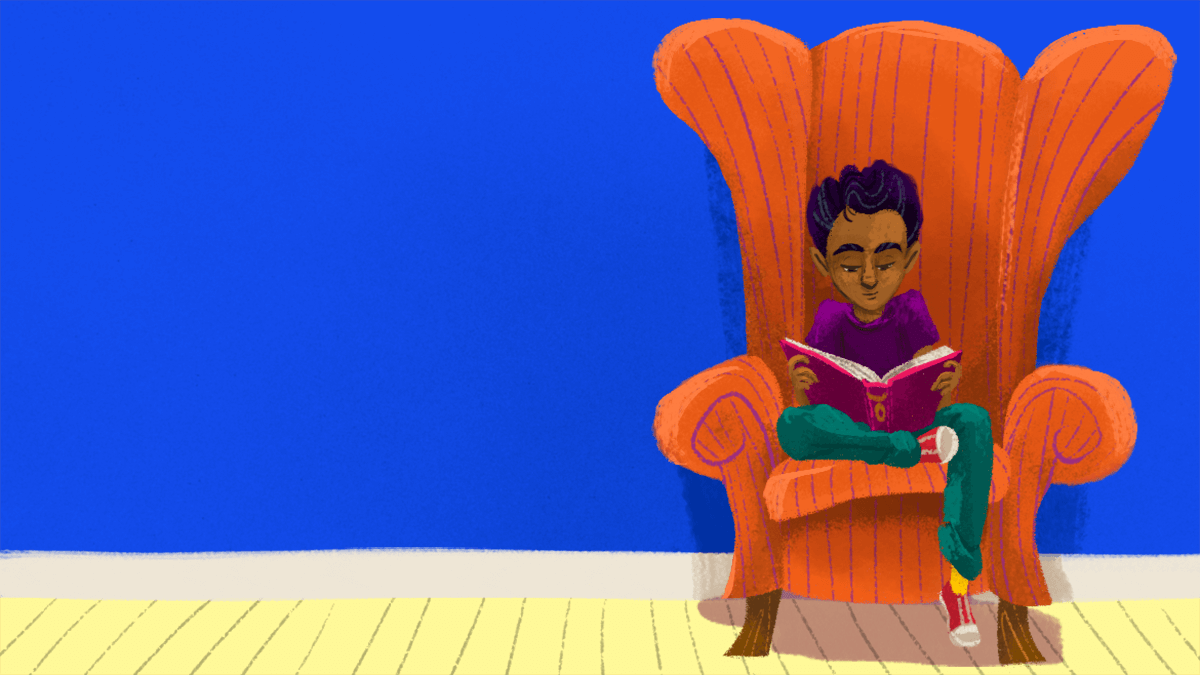Michèle Roberts' three big tips
The Daughters of the House author offers advice on finding inspiration and avoiding writers' block.

How to find inspiration to write
For me, there seem to be several different routes into writing. One involves simply paying attention to something that bothers me, tugs at me repeatedly: an image or a conflict, a phrase or a word. I explore it through turning it into a piece of fiction or a poem.
I ask myself a question whose answer I didn't know, so that writing the resulting novel or story becomes a voyage into the unknown. Desire is the energy for keeping going: desire to find out, desire to make something in language, desire to reach a temporary conclusion.
Desire is the key word that translates another kind of inspiration. Falling in love gives me a story whose beginning I may imagine, whose end I don't know. I write the story to find out its end, to allow myself my heart's desire.
Mixing reality with fiction
Autobiography and imagination are intimately connected: our fears and desires may pour invisibly into the creation of a character. Nobody but the author need know how it's done.
What seems to matter is writing about what I don't know; what hasn't yet happened. I may long for it to happen or dread it happening, but those potent emotions are the key. Both desire and dread, once written about, transformed by being put into the mouths of previously unknown narrators, bring paradoxical pleasure.
So in fiction I can exploit my shadow side, let myself be promiscuously perverse, be a mystic or a nun, and get away with murder. All those selves come out of my unconscious, which is to say my imagination, and they are raring to go.
Stuck in the middle with you
I have found that when the middle of a piece, whether a story or a novel, feels sticky, it may be a good idea just to cut it out completely. Or, as an exercise, try writing the ending first, then jumping back to the beginning, overleaping the middle... and again you may find you simply don't need the middle at all.
